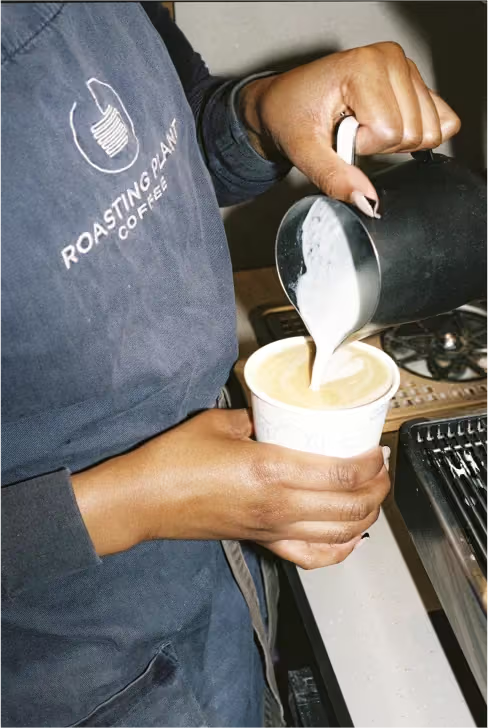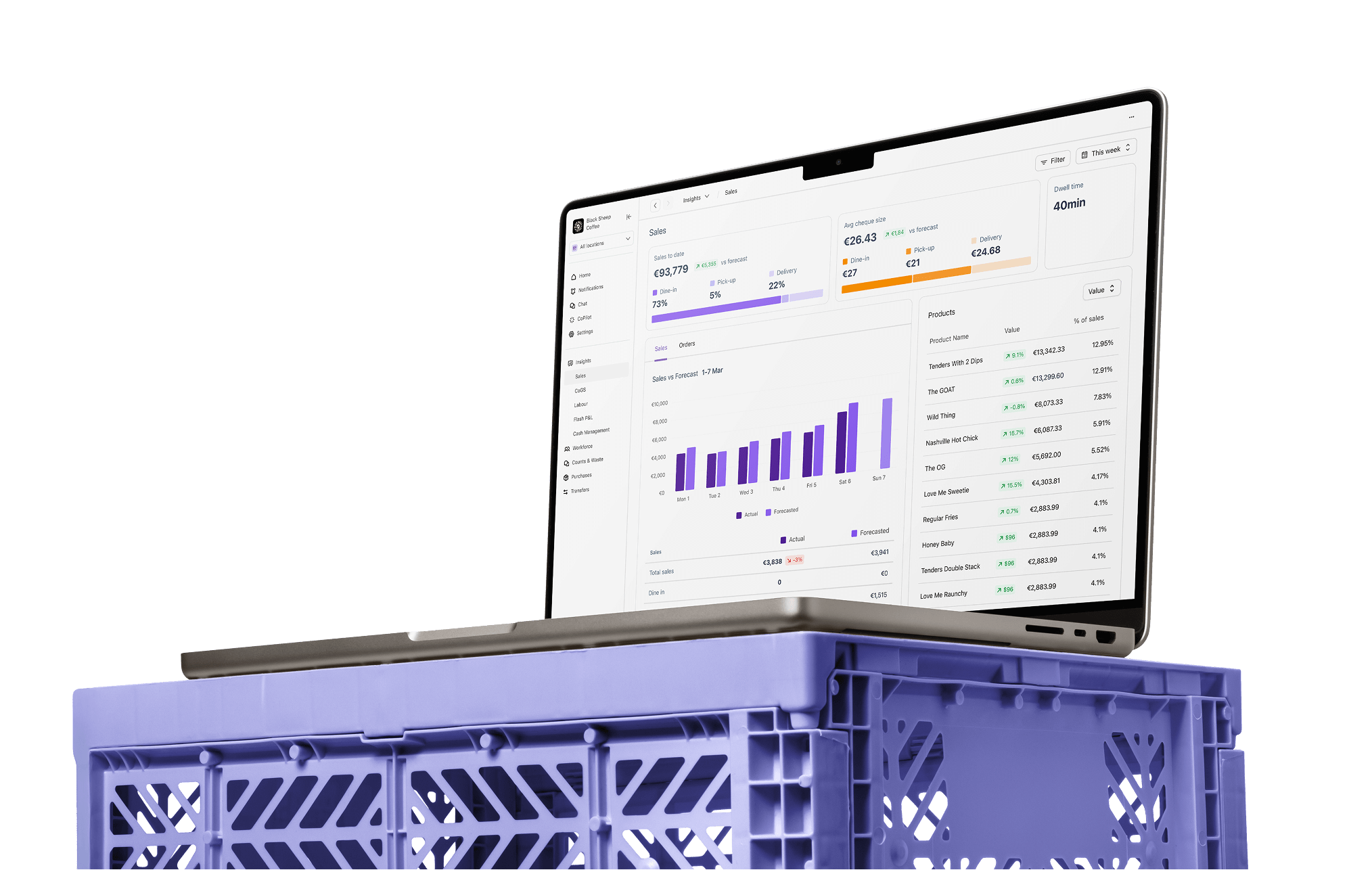Chaos, character, and coffee: How Giggling Squid successfully scaled
Giggling Squid’s Director of Ops talks chaos, coffee, and character
Some restaurants take their name from the owner. Some reference the country or the cuisine. Some look out the window at a local landmark and have a lightbulb moment. Not many, it’s fair to say, name themselves after a childhood nickname for one of their kids (“He’s not too keen on being called it now, surprisingly”).
But Giggling Squid has always swam in its own stream. The nationwide Thai chain came about when a husband and wife team decided to create a vibe unlike that of any other similar restaurant. So, it was a real thrill to sit down and chat with Darko Salaj, Director of Operations to pick his brain on all things operational at the chain.
It turns out that you need to embrace chaos, prioritise the human, and slow down. Here’s what he told us.
Embrace the chaos (really)
Maybe having an unconventional name, lends itself to being a bit more out-there. But Giggling Squid prides itself on being a little chaotic by design. It started out as a founder-led, personality-driven culture, and it still is, unapologetically. As Darko says, “We don't feel corporate and we don’t want to be corporate. We say it all the time. Not as a joke, but we'll never be corporate…We’re very upfront and honest about it. I even implemented this into a recruitment process just because that's the way we are.”
It might not be for everyone, but being up-front and honest about it filters out poor fits early on, and helps attract people who thrive in fast-paced, ever-changing environments. “You have to have a balance” he cautions though, “You can't be completely chaotic, that's not healthy. But you can't be so completely systemized and structured that there is no room for flex.”
Resilience should be built-in
Giggling Squid have faced their fair share of setbacks, from postponed openings, and recruitment churn, to site-level chaos and, of course, the pandemic, but their resilience and character carries them forward. They’re helped by a loose structure, which helps them adapt fast (there’s that chaos again):
“We thrived during Covid when some other companies struggled because I think we managed to find our way much quicker and more easily. And then with Brexit and labour shortages we had to change our model, from the workforce that we were used to in the past to the workforce we operate with now, which is mainly young, out-of-college first jobs.
I think the most important thing is to stay positive and resilient and learn from mistakes in a way. We take the hits and we just move forward and we just keep going. And I am proud of the fact that I stand behind and push the whole team forward when we have those challenges or obstacles because I know it's difficult.
Slow down (and grab a coffee)
What’s the first thing a manager should do when they get on-site? Darko’s answer might surprise you: “I've been saying for years, the first thing they should do is have a coffee or whatever drink they have in the morning and then take that coffee for five minutes, sit down and reflect, look around, maybe even walk around.
“And they always say 'Why?' and I say, 'Because by holding that coffee, you will slow down. You can't run around with the coffee. But by slowing down, you will see 'Oh that's dirty, that needs to be replaced, oh I remember what I said yesterday.' So, I'm a big coffee drinker and I've found my philosophy in a drink that I like and it works...Less is more.”
It’s part of a deliberate, company-wide move to slow down, after a whirlwind year of expansion and role changes: Slow down. Have fewer meetings. Make them shorter. Spend more time reflecting.
After all, if you just slow down and focus a bit more, you can actually be faster as an end result.
Remember the human touch
When it comes to AI, Darko is steadfast in his belief that the technology should help teams think better, not switch off:
I always believe that technology should be implemented only if it doesn't make people not think or not use their brains. I have a feeling that with the advancement in AI and its implementation in everything, that people will want more of a human touch.
Companies like us obviously will have to embrace AI; I don't think you'll be able to live without it if you want to stay competitive and relevant. But it can’t be to the detriment of people feeling that they're nobody or that they don't need to think.
As everything else gets more systemised or dehumanised, actually being around people and feeling that human touch in the experience matters more.
AI, in other words, is an opportunity, but one that will make those human moments even more valuable in hospitality.
Take a deeper dive with Giggling Squid
Enjoyed this feature? You can hear plenty more from Darko in our full-length interview, which covers everything from rejecting corporate rigidity, to the unconventional strategies behind rapid expansion. Check the links below to listen in.


.webp)
.webp)


